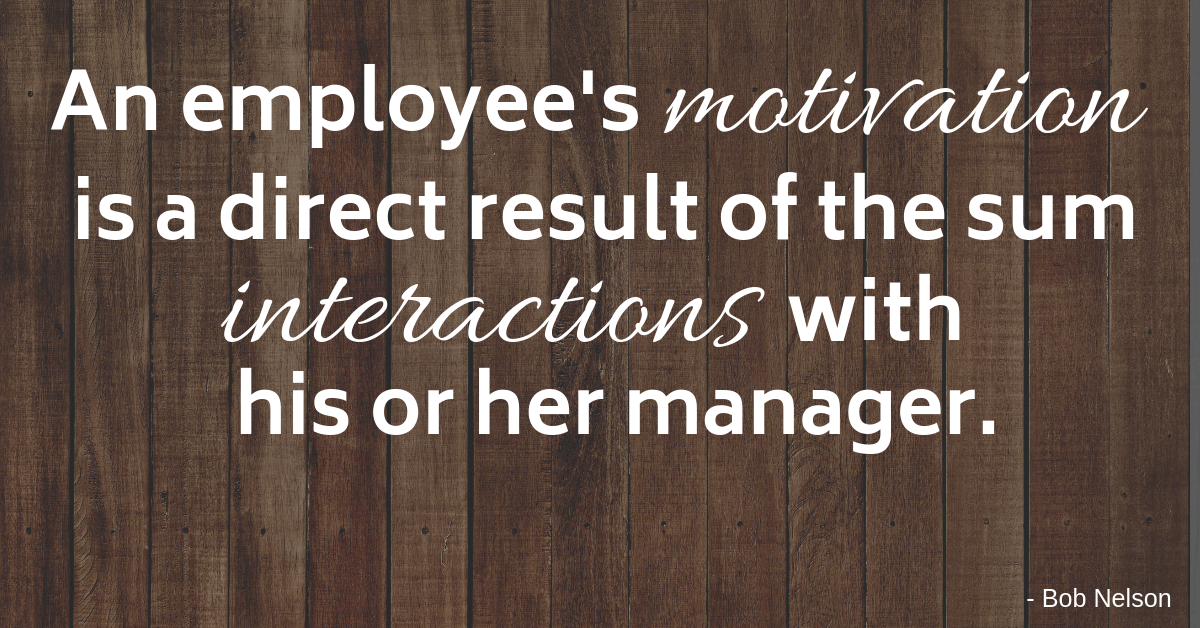More than a decade ago, I got to meet Ken, the CEO of Toro.
Toro is a company that makes lawn mowers, snow removal equipment, lawn sprinkler system, and more. They are a publicly traded company worth billions and have thousands of employees.
Ken became CEO while the company was failing. Many of the senior leadership left the company because they didn’t want to be associated with the failure. Ken would say that he was one of the last remaining leaders. So, he didn’t get the job because he deserved it, he got it because he was the last man standing.
After becoming CEO, people would come to him asking what they should do in different situations. There was an issue in the plant, what should we do? There was an issue in accounting, what should we do? On and on it went. But Ken had an interesting reply. He said, “I don’t know. What do you think we should do?”
Inspiring Greatness in Others
Ken may tell you that it was his ignorance that lead to that brilliant question. But I think it might be also due to his genius. See the previous CEO had been the man with the answers. He made all the major decisions. But he was only one man. He could only make decisions so fast. This left people waiting for the CEO to make the decisions.
Ken pushed those decisions down to the people in the field. He asked them what they thought they should do. That gave them the freedom and responsibility to make smart decisions. This was one of the keys to Toro’s turnaround.
This made a lasting impression on me.
I didn’t want to be the kind of leader that slowed everyone down. Instead, I wanted to empower people and then get out of their way.
We have a few newer employees in our main office. They often ask me questions. I often respond, “How do you think we should handle this?” This does sometimes frustrate them. They sometimes want quick easy answers. But that isn’t in their best interest.
I often know or could figure out the answer. But what good does that do? Instead, I let them try to work it out and I help when appropriate. This helps them learn how to solve the problem. But even more powerfully, it gives them the self-confidence to know they can solve complicated problems.
After a little time, the best thing happens. That employee becomes more skilled then me at a task. And that’s the real magic.

